Can you spot a sex abuser from their hands?
Scientists hope to help catch attackers using computer algorithms

A free daily email with the biggest news stories of the day – and the best features from TheWeek.com
You are now subscribed
Your newsletter sign-up was successful
Scientists are calling for the public to help with pioneering research to train computers to identify child abusers from images of their hands.
The BBC reports that often, “the backs of hands are the only visible features of abusers in footage and images shared online”.
Now, researchers from the universities of Lancaster and Dundee hope to teach computers to spot anatomical features in anonymous images sent in by volunteers.
The Week
Escape your echo chamber. Get the facts behind the news, plus analysis from multiple perspectives.

Sign up for The Week's Free Newsletters
From our morning news briefing to a weekly Good News Newsletter, get the best of The Week delivered directly to your inbox.
From our morning news briefing to a weekly Good News Newsletter, get the best of The Week delivered directly to your inbox.
This “will allow algorithms to be designed that will help police to link suspects to crimes just from images of their hands”, according to ITV.
The broadcaster adds that the team behind the study need more than 5,000 “citizen scientists” to take part, in order to get enough data to confirm beyond reasonable doubt that our hands are unique.
–––––––––––––––––––––––––––––––For a round-up of the most important stories from around the world - and a concise, refreshing and balanced take on the week’s news agenda - try The Week magazine. Start your trial subscription today –––––––––––––––––––––––––––––––
Forensic anthropologist Sue Black said: “Our hands display many anatomical differences due to our development, influence of genetics, ageing, environment or even accidents.
A free daily email with the biggest news stories of the day – and the best features from TheWeek.com
“We know that features such as vein patterns, skin creases, freckles, moles, and scars are different between our right and left hands, and even different between identical twins.”
Black added that the project could deliver a “step-change” that allows researchers to understand what makes hands unique and produce “new forensic tools that will help law enforcement apprehend those who harm the most vulnerable in our society”.
A web-based app has been launched that allows anyone aged 18 or over to contribute their hand images to the project on smartphones.
Researchers say the images will not be shared with any external agencies and will be destroyed at the end of the five-year research project, which is being funded through a €2.5m (£2.1m) grant from the European Research Council.
Bryan Williams, lecturer in biometrics and human identification at Lancaster University, said: “The tools we will develop will reliably and robustly inform decisions in criminal courts. They could also be used to assist law enforcement agencies to rapidly and autonomously analyse hours of footage and thousands of offensive images.”
If you would like to contribute to the project, the app is available at h-unique.lancaster.ac.uk
-
 6 of the world’s most accessible destinations
6 of the world’s most accessible destinationsThe Week Recommends Experience all of Berlin, Singapore and Sydney
-
 How the FCC’s ‘equal time’ rule works
How the FCC’s ‘equal time’ rule worksIn the Spotlight The law is at the heart of the Colbert-CBS conflict
-
 What is the endgame in the DHS shutdown?
What is the endgame in the DHS shutdown?Today’s Big Question Democrats want to rein in ICE’s immigration crackdown
-
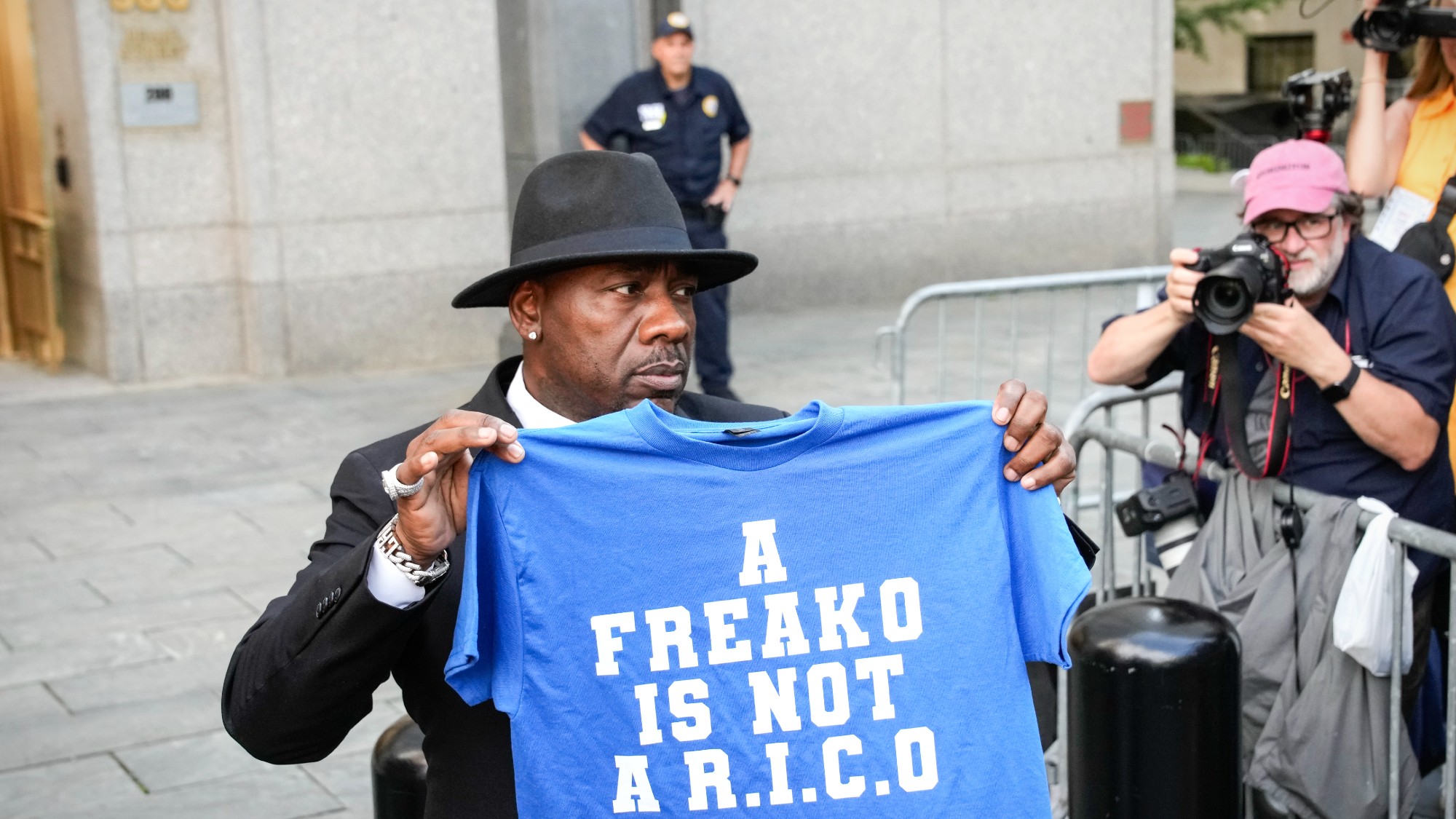 Combs convicted on 2 of 5 charges, denied bail
Combs convicted on 2 of 5 charges, denied bailSpeed Read Sean 'Diddy' Combs was acquitted of the more serious charges of racketeering and sex trafficking
-
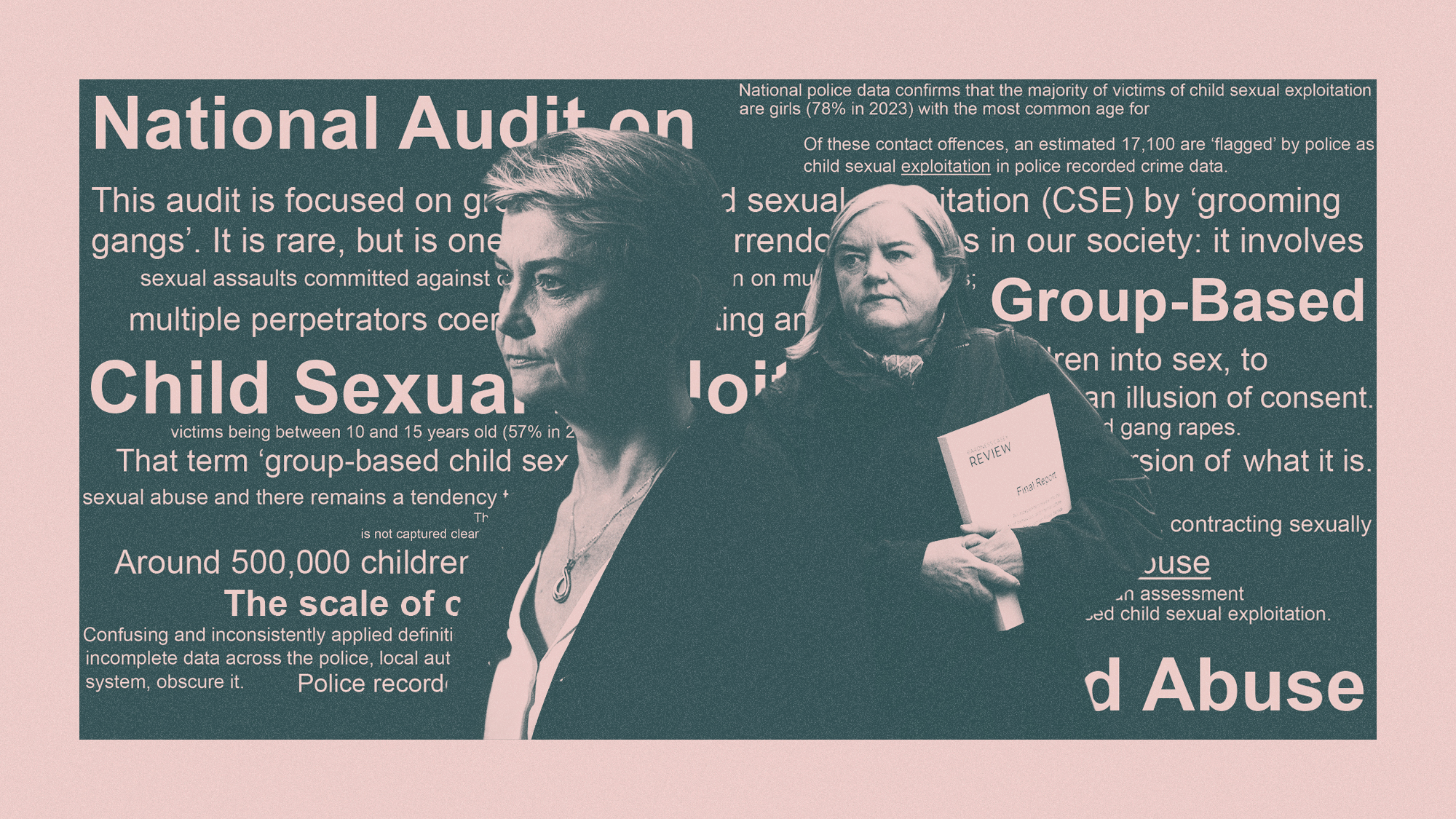 Will the new grooming gangs inquiry achieve anything?
Will the new grooming gangs inquiry achieve anything?Today's Big Question Critics point to a previous inquiry's still-unfulfilled list of recommendations
-
 Gisèle Pelicot: the case that horrified France
Gisèle Pelicot: the case that horrified FranceThe Explainer Survivor has been praised for demanding a public trial of the dozens of men accused of raping her
-
 Abercrombie ex-CEO charged with sex crimes
Abercrombie ex-CEO charged with sex crimesSpeed Read Mike Jeffries ran the brand during its heyday from 1992 to 2014
-
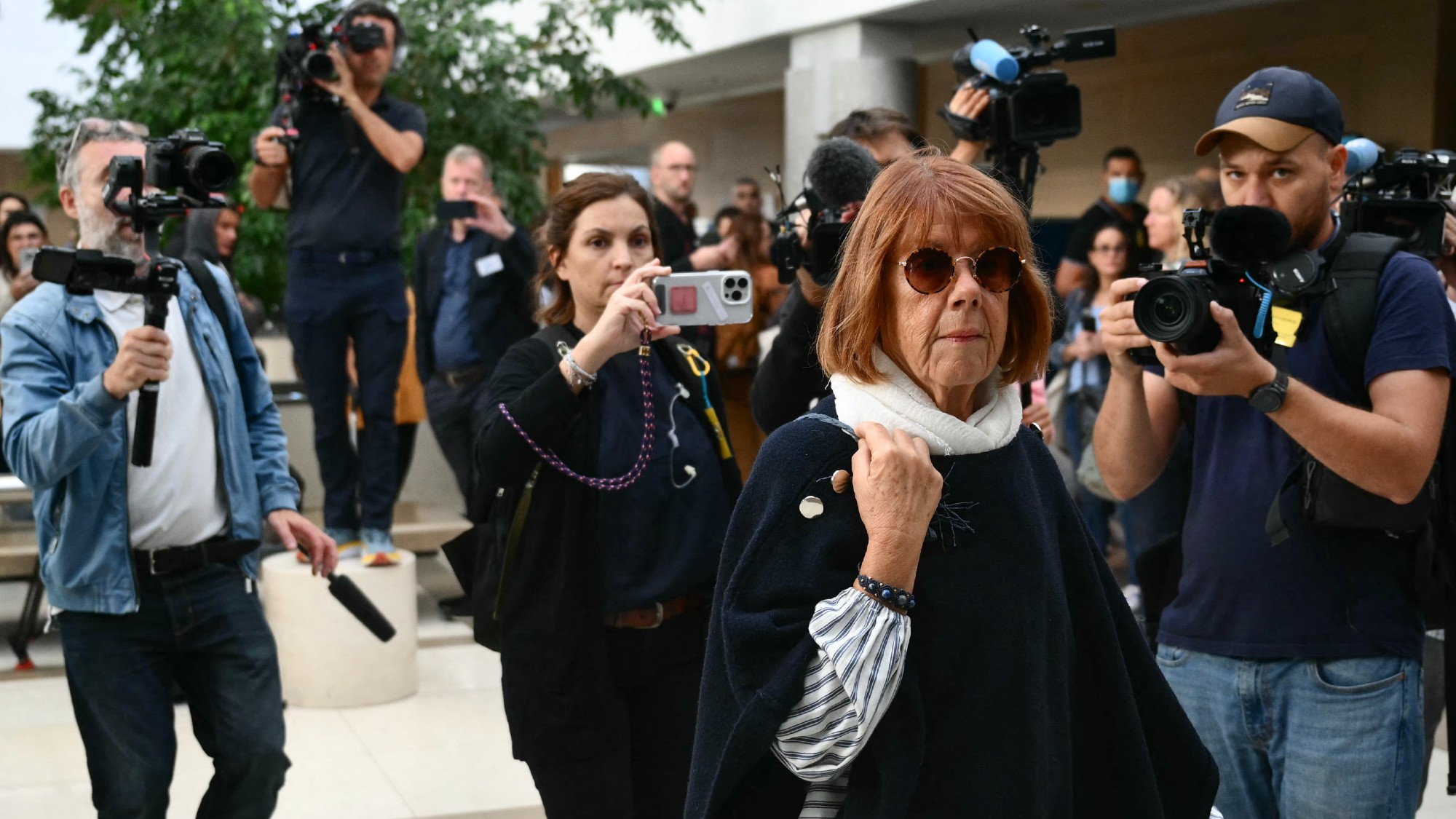 The Pélicot case: a horror exposed
The Pélicot case: a horror exposedTalking Point This case is unusually horrifying, but the misogyny that enabled is chillingly common
-
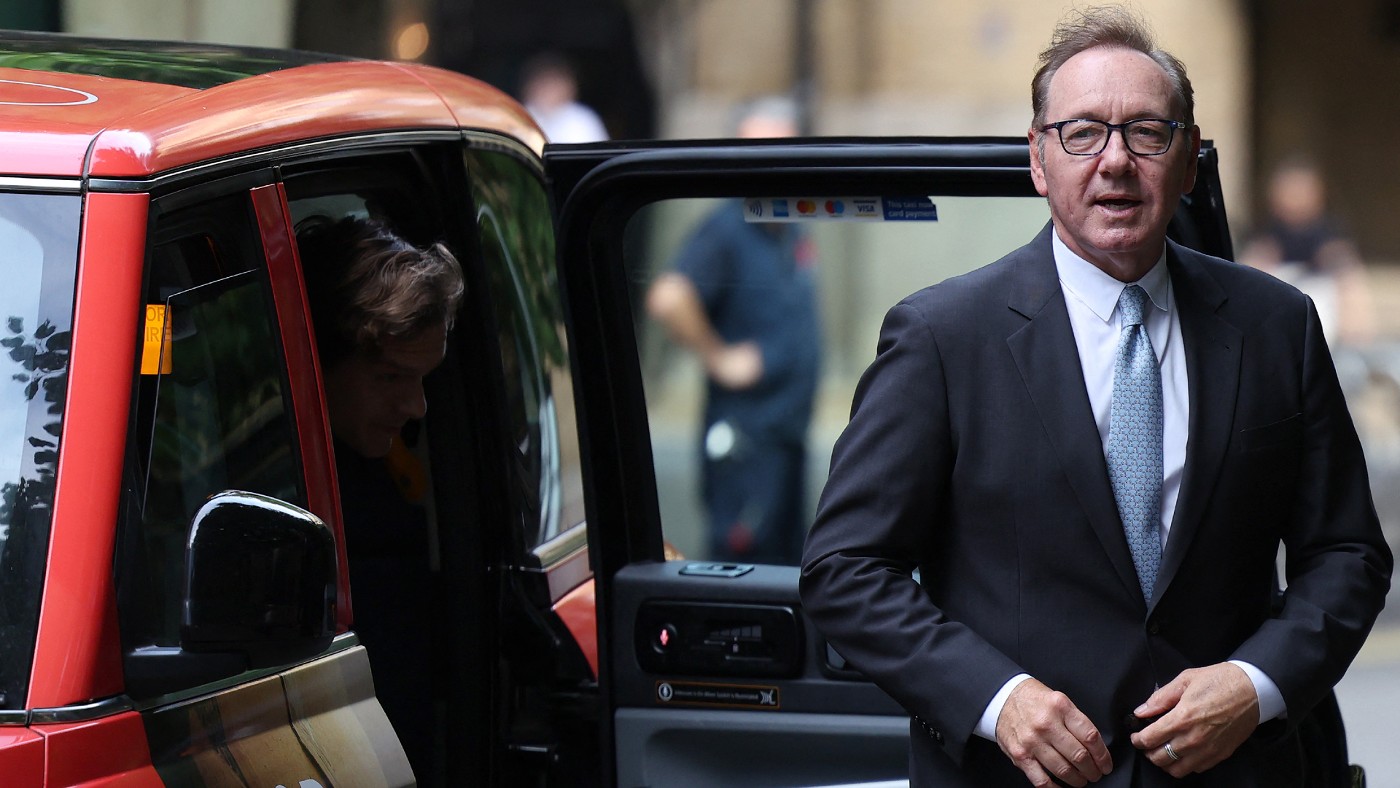 ‘I’m a big flirt’: Kevin Spacey begins defence in sexual assault trial
‘I’m a big flirt’: Kevin Spacey begins defence in sexual assault trialSpeed Read Jurors are seeing star ‘close up’ and ‘fighting for his innocence’
-
 Gary Glitter back in prison amid ‘dark web’ allegations
Gary Glitter back in prison amid ‘dark web’ allegationsSpeed Read The paedophile singer was released in February after serving half of his sentence for sexually abusing three girls
-
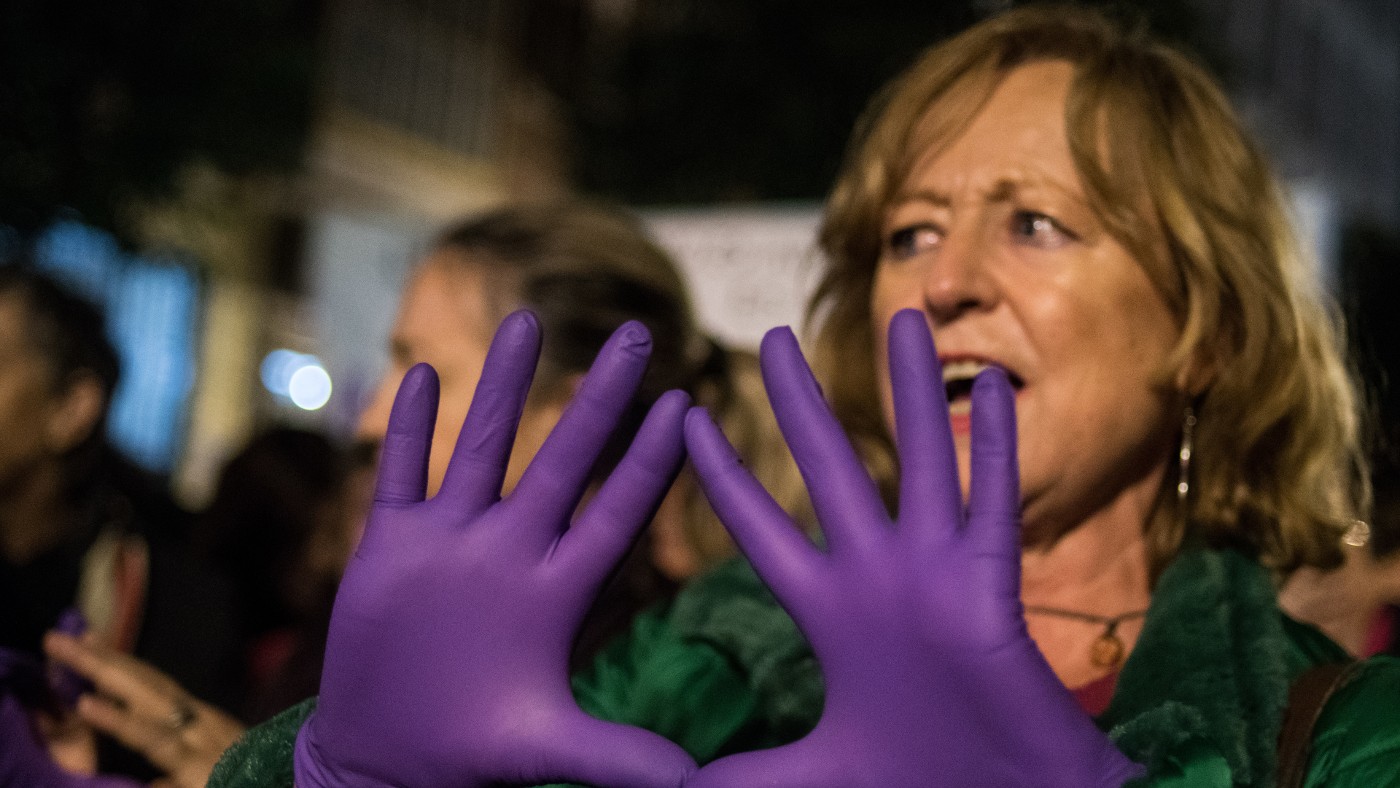 ‘Only yes means yes’: Spain’s new sexual consent law
‘Only yes means yes’: Spain’s new sexual consent lawfeature Legislation follows outcry over gang-rape case which made global headlines in 2016